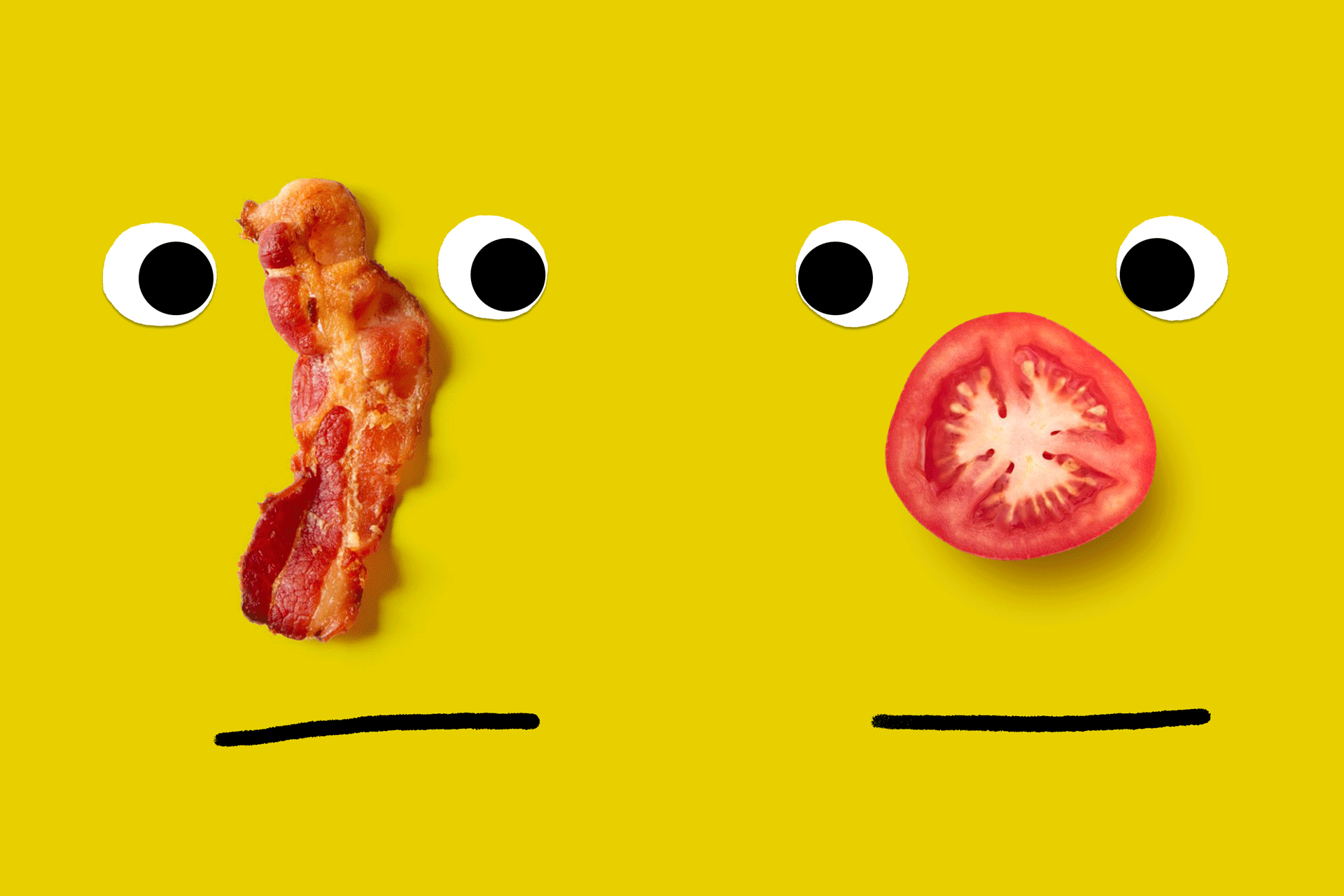If beer or blue cheese smell good to you, thank your DNA

We all smell things a little differently, and new research shows why: By examining the DNA of hundreds of individuals and testing their sense of smell, scientists found the genetic basis for why we smell certain scents.
Although smell is a huge part of our sensory experience (the inability to smell is called anosmia), little research has been done on what controls it. Richard Newcomb, a geneticist at the New Zealand Institute for Plant and Food Research and senior author on the study in Current Biology, had spent much of his career examining smell in insects (they use their antennae) when he decided to turn his attention to people.
Smell is closely linked to taste, and since food is a major export in New Zealand, “we thought there was an opportunity to help our food industries better target their foods to people that might appreciate them more,” Newcomb said.
If he and his team could pinpoint the genes controlling the ability to detect certain scents in food, and if they could identify ethnic or regional groups that preferred those scents, maybe they could help food companies predict where certain products would do best, Newcomb reasoned.
So he assembled a team of researchers to see how well people could smell 10 fragrances as varied as blue cheese and eucalyptus.
Hundreds of test subjects were given three wine glasses -- two with just water and the third with a dilution of the scent. They sniffed and then guessed which of the glasses contained the scent. Then the researchers increased the concentrations of the scents in a series of experiments and recorded the concentration at which the subject correctly guessed which glass held the aroma.
Newcomb then drew blood samples from the test subjects, which were used to examine their DNA and look for regions of the genome that were correlated with sensitivity to a particular smell.
They found a statistically significant genetic basis for four of the 10 fragrances: apples, violets, blue cheese and malt (maybe a craving for beer is hard-wired!). The genes responsible for detecting these scents were spread out across the genome, and it appeared that there was a single gene responsible for each of them, Newcomb said.
In a follow-up study in the same issue of Current Biology, they were even able to pinpoint the exact mutation responsible for smelling violets (in case you’re mapping your own genome, it’s on chromosome 11).
But when Newcomb’s team screened genetic databases from around the world to see if there was any way to predict which populations might be genetically programmed to like certain scents, they found no rhyme or reason — everyone has their own unique sense of smell.
Though New Zealand’s food industry may be disappointed by these findings, Newcomb certainly isn’t.
“I appreciate that we’re all different, and there are many different combinations of abilities to smell different compounds,” Newcomb said. “So don’t give your mate a hard time when you’re having a glass of wine and he doesn’t quite get the violet note that’s written on the back of the bottle.”
Return to Science Now.
Follow on Twitter: @BradBalukjian





